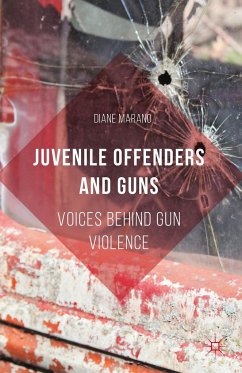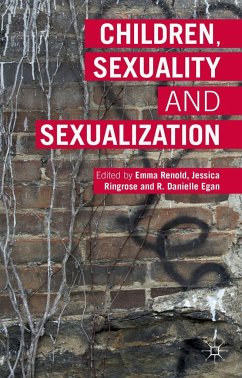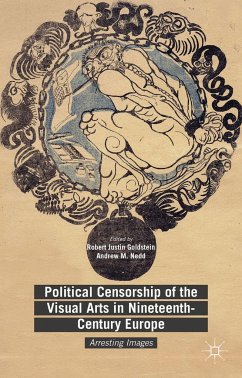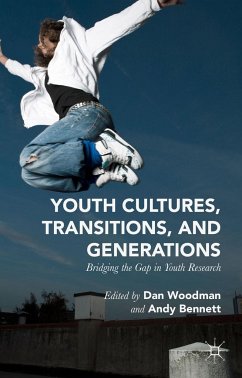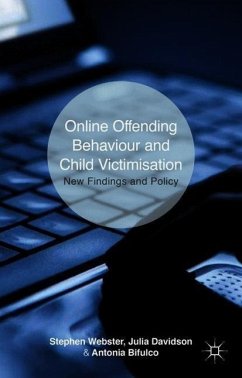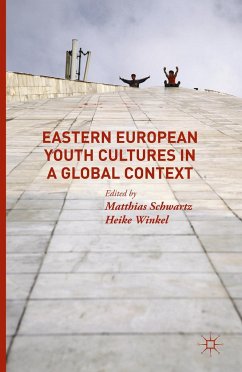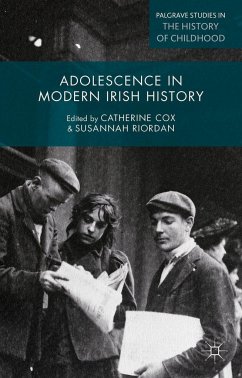
Familiar Strangers, Juvenile Panic and the British Press
The Decline of Social Trust
Versandkostenfrei!
Versandfertig in 6-10 Tagen
38,99 €
inkl. MwSt.
Weitere Ausgaben:

PAYBACK Punkte
19 °P sammeln!
This book argues that Britain is gripped by an endemic panic about the position of children in society - which frames them as, alternately, victims and threats. It argues that the press and primary definers, from politicians to the police, are key players in promoting this discourse.Using a mix of intergenerational focus-groups and analysis of online newspaper discussion-threads, the book demonstrates that, far from being passive consumers of this agenda-setting 'juvenile panic' discourse, ordinary citizens (particularly parents) actively contribute to it - and, in so doing, sustain and reinfo...
This book argues that Britain is gripped by an endemic panic about the position of children in society - which frames them as, alternately, victims and threats. It argues that the press and primary definers, from politicians to the police, are key players in promoting this discourse.
Using a mix of intergenerational focus-groups and analysis of online newspaper discussion-threads, the book demonstrates that, far from being passive consumers of this agenda-setting 'juvenile panic' discourse, ordinary citizens (particularly parents) actively contribute to it - and, in so doing, sustain and reinforce it. A series of interviews with newspaper journalists illuminates the role news media play in fanning the flames of panic, by exposing the commercial drivers conspiring to promote dramatic narratives about children. The book concludes that today's juvenile panic - though far from the first to grip Britain - is a projection of the wide-scale breakdown of social trust between individuals in neoliberal societies.
Using a mix of intergenerational focus-groups and analysis of online newspaper discussion-threads, the book demonstrates that, far from being passive consumers of this agenda-setting 'juvenile panic' discourse, ordinary citizens (particularly parents) actively contribute to it - and, in so doing, sustain and reinforce it. A series of interviews with newspaper journalists illuminates the role news media play in fanning the flames of panic, by exposing the commercial drivers conspiring to promote dramatic narratives about children. The book concludes that today's juvenile panic - though far from the first to grip Britain - is a projection of the wide-scale breakdown of social trust between individuals in neoliberal societies.






